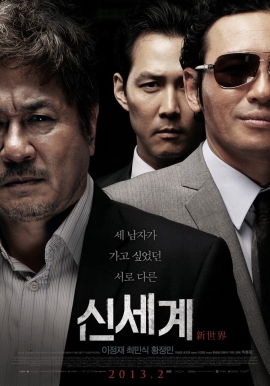On my work blog's admin page, hosted on the naver.com website, which is Korean, they will put up these little "prompts" to suggest blog topics, in Korean.
Yesterday, on June 25th, appropriately, they had the question:
6.25전쟁과 같은 전쟁이 다시 일어나지 않으려면, 어떻게 해야 할까요?
Roughly, it asks, "How can we avoid another war like the 6-25 war?" ("6-25 war" is what South Koreans call the Korean war, since it started with the North's surprise attack on June 25th, 1950).
The answer that popped into my mind immediately was: "Just keep doing the same thing that's been done."
Why such a flippant answer? Well, it's worked for 60 years, right?
I would characterize the South's approach to the North with the oxymoronic phrase "vigilant disregard." Vigilant because the Korean military is large, well-trained (relatively speaking), and well-supported (e.g. financially, by the U.S. alliance, etc.). Disregard, because, despite this vigilance, there is little coherence or intentionality to be found in the broader policy portfolio. It is mostly reactive, but tempered by a strong conservative tendency to hove to the status quo and avoid provocation. I've always said that South Korea seems to mostly see the North the way a Korean family would regard a mentally ill elderly relative. Something to be embarassed by, to try to ignore, but also to be controlled as best possible.
Anyway, I answered that naver blog question here on this here blog thingy.
[daily log: walking, 6 km]
![]() [daily log: walking, 6.5km]
[daily log: walking, 6.5km]


